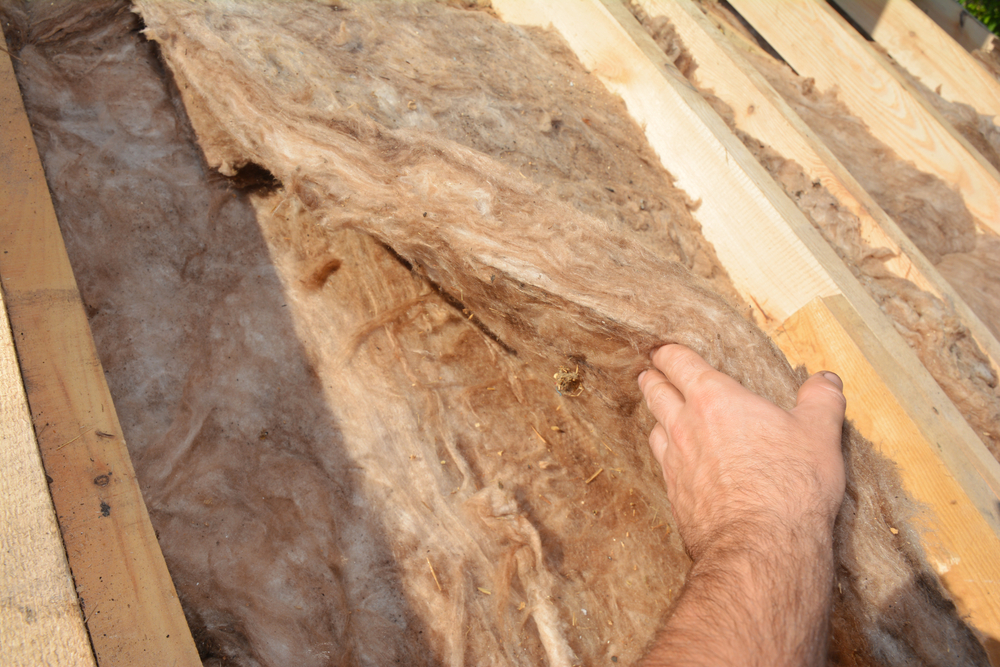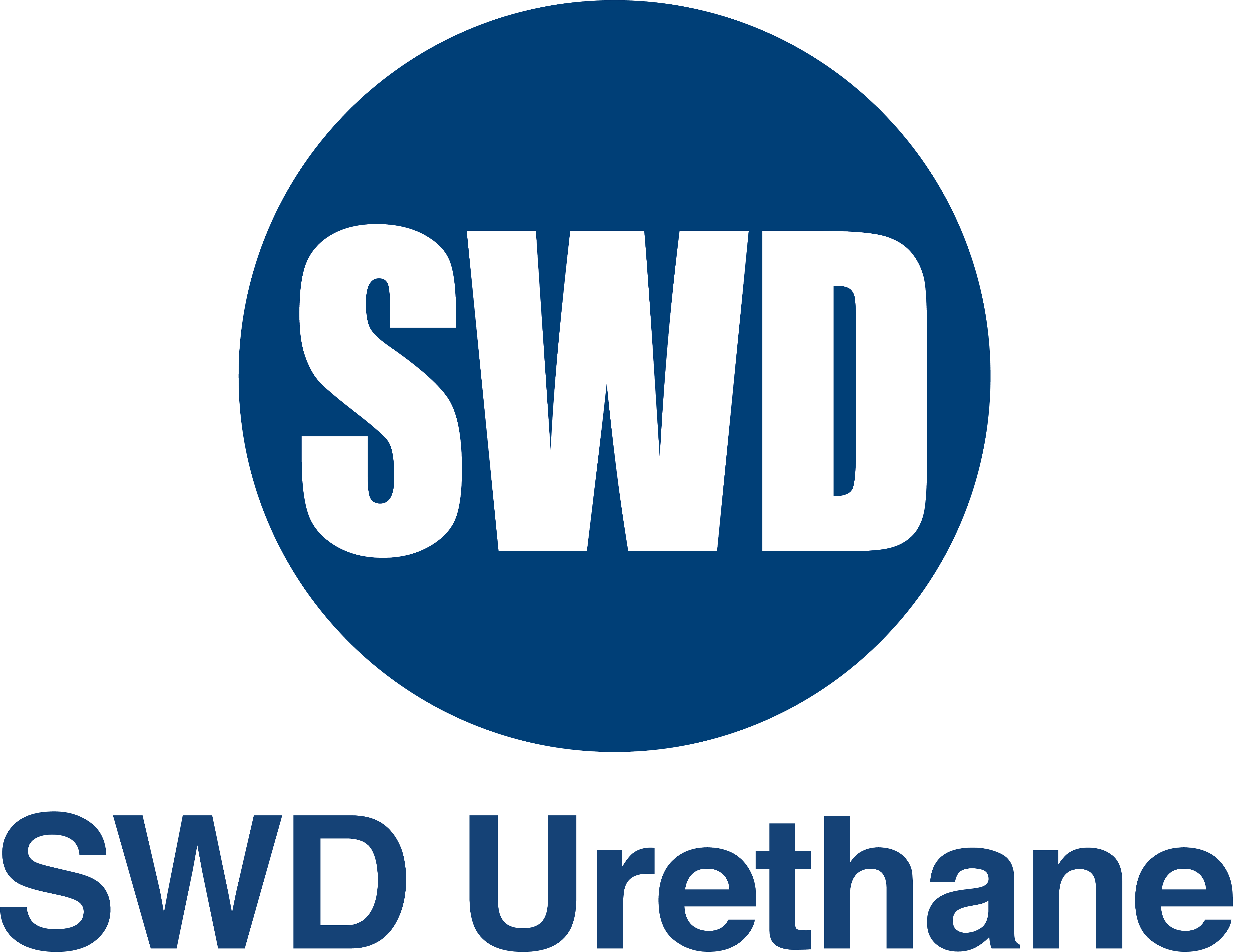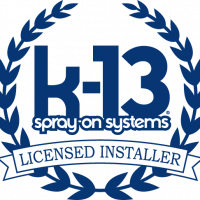
In today’s world, where climate change is a pressing issue, reducing our carbon footprint is crucial. One effective way to achieve this is through proper insulation in our homes and buildings. Insulation not only helps in maintaining a comfortable indoor environment but also plays a significant role in reducing energy consumption and, consequently, carbon emissions. This article explores the role of insulation in leaving a carbon footprint and its impact on your carbon footprint, particularly focusing on Sparks, NV.
What is a Carbon Footprint?
A carbon footprint is the total amount of greenhouse gases, particularly carbon dioxide, that are emitted directly or indirectly by human activities. These activities include transportation, electricity consumption, and heating and cooling of buildings. Reducing our carbon footprint is essential to mitigating climate change and protecting the environment.
Why is Reducing Carbon Footprint Important?
Reducing carbon footprint is crucial for several reasons:
- Climate Change Mitigation: Lowering greenhouse gas emissions helps in combating global warming and its adverse effects.
- Energy Conservation: Using energy more efficiently reduces the demand for fossil fuels, leading to lower pollution levels.
- Economic Benefits: Energy-efficient homes and buildings lead to lower utility bills, saving money in the long run.
- Health Improvements: Reducing emissions improves air quality, leading to better health outcomes.
The Role of Insulation in Leaving a Carbon Footprint
How Does Insulation Work?
Insulation acts as a barrier to heat flow, reducing the amount of heat that escapes during winter and enters during summer. This process helps maintain a stable indoor temperature, reducing the need for heating and cooling systems to work overtime.
Types of Insulation
There are various types of insulation materials available, each with its unique properties:
- Fiberglass Insulation: Made from fine glass fibers, it’s one of the most common types of insulation.
- Foam Board Insulation: Composed of polystyrene, polyisocyanurate, or polyurethane, it provides high insulating value.
- Spray Foam Insulation: A liquid foam that expands and hardens, offering excellent thermal resistance.
- Cellulose Insulation: Made from recycled paper products, it’s an eco-friendly option.
The Impact of Insulation and Your Carbon Footprint
Proper insulation significantly impacts your carbon footprint by:
- Reducing Energy Consumption: Insulated buildings require less energy for heating and cooling, leading to lower carbon emissions from power plants.
- Enhancing HVAC Efficiency: Insulation reduces the load on heating, ventilation, and air conditioning (HVAC) systems, making them more efficient and less energy-intensive.
- Lowering Greenhouse Gas Emissions: By decreasing the energy demand, insulation helps reduce the burning of fossil fuels, thus lowering greenhouse gas emissions.
Insulation in Sparks, NV
Climate Considerations
Sparks, NV, experiences a semi-arid climate with hot summers and cold winters. This climate necessitates both cooling in the summer and heating in the winter, making insulation particularly important to maintain energy efficiency throughout the year.
Benefits of Insulation in Sparks, NV
Insulating homes and buildings in Sparks, NV, offers several benefits:
- Energy Savings: Proper insulation can reduce energy bills by up to 20% annually.
- Comfort: Insulation helps maintain a consistent indoor temperature, enhancing comfort levels.
- Environmental Impact: By reducing energy consumption, insulation contributes to lower carbon emissions, aiding in the fight against climate change.
Local Insulation Options
Residents of Sparks, NV, have access to various insulation options tailored to their specific needs:
- Attic Insulation: Essential for preventing heat loss during winter and keeping the home cool in summer.
- Wall Insulation: Helps in reducing heat transfer through walls, improving overall energy efficiency.
- Crawl Space Insulation: Prevents moisture buildup and enhances indoor air quality.
The Role of Insulation in Reducing Carbon Footprint
Energy Efficiency and Carbon Reduction
Insulation is a critical component of energy-efficient buildings. By minimizing heat transfer, it reduces the amount of energy required to heat or cool a building. This reduction in energy use translates directly into lower carbon emissions, as less fossil fuel is burned to generate electricity.
Insulation and Renewable Energy
When combined with renewable energy sources, such as solar panels, insulation can further amplify carbon footprint reduction. An energy-efficient home with good insulation and renewable energy sources can significantly lower its reliance on non-renewable energy, contributing to a greener environment.
The Role of Insulation in New Constructions
Incorporating high-quality insulation in new constructions is vital for sustainable development. Building codes and standards increasingly emphasize energy efficiency, making insulation a key factor in achieving these goals. In Sparks, NV, new constructions can benefit from the latest insulation technologies to ensure minimal environmental impact.
Conclusion
Insulation plays a vital role in reducing our carbon footprint and combating climate change. By improving energy efficiency, insulation helps lower greenhouse gas emissions, leading to a healthier and more sustainable environment. For residents of Sparks, NV, investing in proper insulation not only enhances comfort and reduces energy bills but also contributes significantly to environmental conservation.
Need Insulation in Sacramento, CA?
Since 2001, Ace Insulation Inc. has been your premier insulation experts. We take pride in being locally owned and operated as well as offering high-quality service. We specialize in the installation of insulation. Whether you are building a new home or renovating your existing space, we are the place to call. We have many materials to choose from, including fiberglass and spray foam. If you are looking for high-quality work, call us today to schedule your next consultation!


